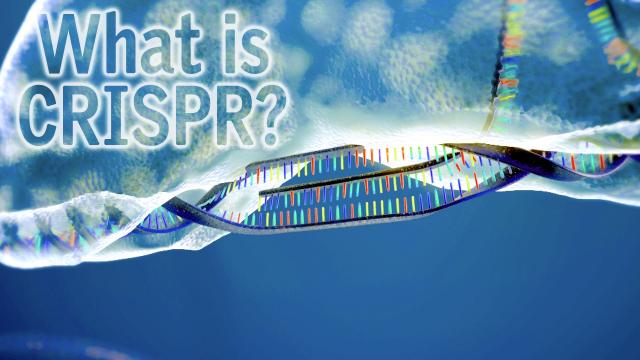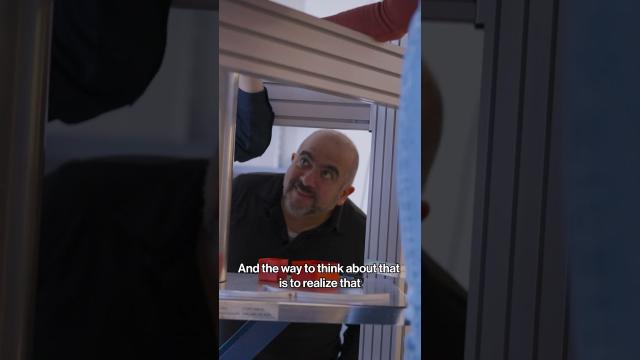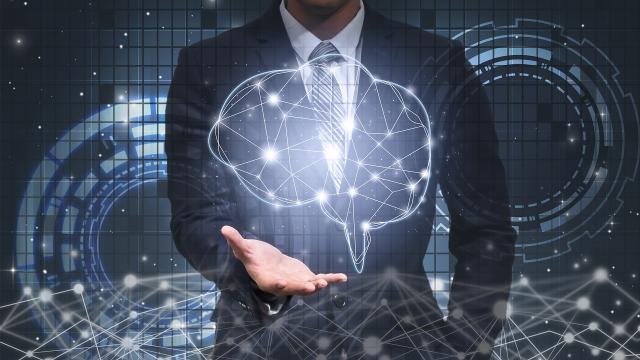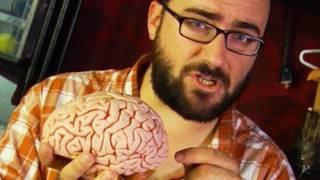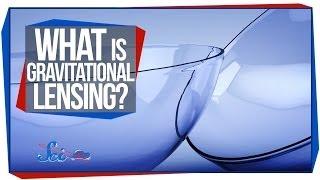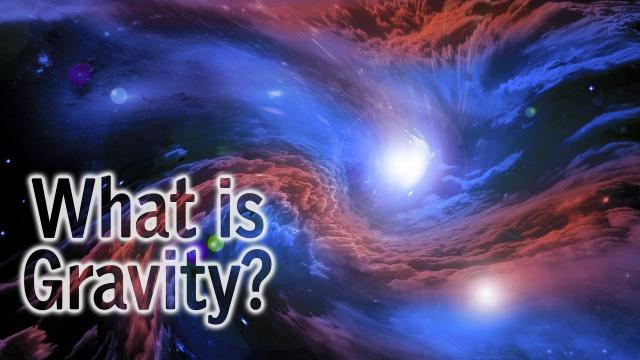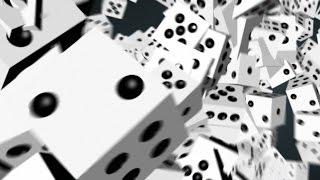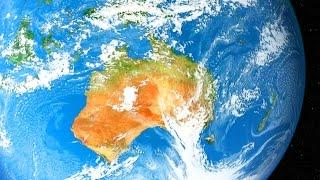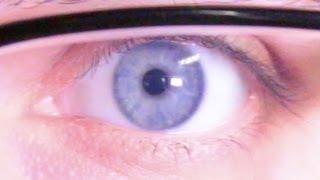Time Travel, Teleportation & Science
Time travel is the concept of moving between different points in time in a manner analogous to moving between different points in space, generally using a theoretical invention, namely a time machine. It has a commonly recognized place in philosophy and fiction, but has a very limited application in real world physics, such as in quantum mechanics or wormholes.
Although the 1895 novel The Time Machine by H. G. Wells was instrumental in moving the concept of time travel to the forefront of the public imagination, The Clock That Went Backward by Edward Page Mitchell was published in 1881 and involves a clock that allowed three men to travel backwards in time.[1][2] Non-technological forms of time travel had appeared in a number of earlier stories such as Charles Dickens' A Christmas Carol. Historically, the concept dates back to the early mythologies of Hinduism (such as the Mahabharata), Buddhism, and Islam through ancient folk tales. More recently, with advancing technology and a greater scientific understanding of the universe, the plausibility of time travel has been explored in greater detail by science fiction writers, philosophers, and physicists.
Teleportation, or Teletransportation, is the theoretical transfer of matter or energy from one point to another without traversing the physical space between them. It has a commonly recognized place in science fiction literature, film, and television, but as yet has a very limited application in real world physics, such as quantum teleportation or the study of wormholes.
Science (from Latin scientia, meaning "knowledge") is a systematic enterprise that builds and organizes knowledge in the form of testable explanations and predictions about the universe. In an older and closely related meaning, "science" also refers to a body of knowledge itself, of the type that can be rationally explained and reliably applied. A practitioner of science is known as a scientist.
In modern usage, "science" most often refers to a way of pursuing knowledge, not only the knowledge itself. It is also often restricted to those branches of study that seek to explain the phenomena of the material universe.
Source : Wikipedia
-
05:47

What if You Were Shoryukened?
Added 443 Views / 0 LikesWatch Into the Badlands Sundays at 10/9c: https://youtu.be/24cVLZKLSAk***Click "SHOW MORE" for links***twitter: http://twitter.com/vsaucethreefacebook: http://facebook.com/vsauce3my instagram: http://instagr.am/jakerawrMore Vsauce3: https://youtu.be/YvGlB
-
02:57

What is Could You Survive The Movies?
Added 745 Views / 0 LikesGo behind the scenes of the biggest video I’ve ever made! We’ll take a look at some of the awesome gear used in the creation of CYSTM?, like a camera rig mounted to an offroad vehicle! It’s an exciting preview of the size & scope of the inaugural Could Yo
-
03:42
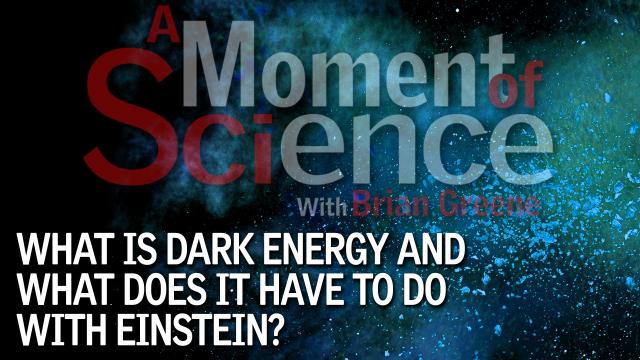
What is Dark Energy and what does it have to do with Einstein?
Added 640 Views / 0 LikesWhat is Dark Energy and what does it have to do with Einstein?
-
01:01
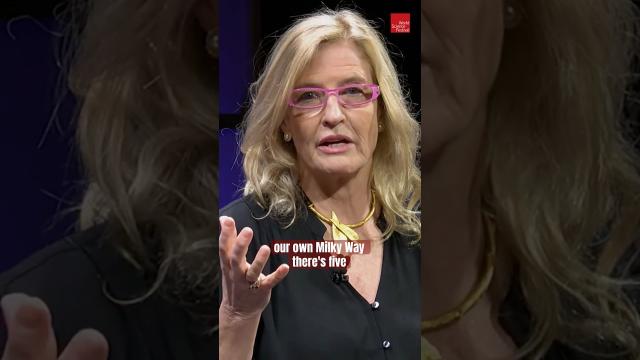
What is dark matter? If it does exist might there be dark stars & even a dark big bang? #darkmatter
Added 98 Views / 0 Likes -
1:47:32
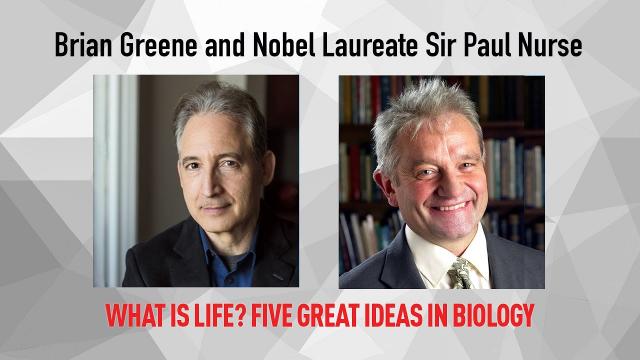
What is Life? Five Great Ideas in Biology. | A Conversation with Nobel Laureate Sir Paul Nurse
Added 341 Views / 0 LikesNobel Laureate Sir Paul Nurse joins Brian Greene for a conversation about the fundamental ideas in biology explored in his new book, What Is Life? Five Great Ideas in Biology.Additional programs featuring Sir Paul Nurse:Science in a Polarized World. A Glo
-
02:06

What Is Our Greatest Need?
Added 402 Views / 0 LikesTune in and join the conversation during the premiere of "The Reality of Reality: A Tale of Five Senses" on Friday, September 27th at 8pm EST.PROGRAM DESCRIPTION:Your eyes and ears don’t tell you the truth. That’s not what they’re for. The senses evolved
-
01:25

What is Sleep? - How Scientists Know Rats Make Memories
Added 738 Views / 0 LikesWhat is Sleep? - How Scientists Know Rats Make Memories
-
02:43
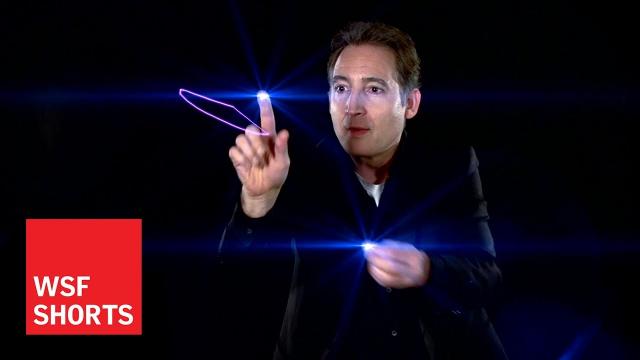
What is String Theory?
Added 465 Views / 0 LikesTune in and join the conversation during the premiere of "Loose Ends: String Theory and the Quest for the Ultimate Theory" on Friday, August 2nd at 8pm EST.PROGRAM DESCRIPTION:Thirty-five years ago string theory took physics by storm, promising the covete
-
00:32
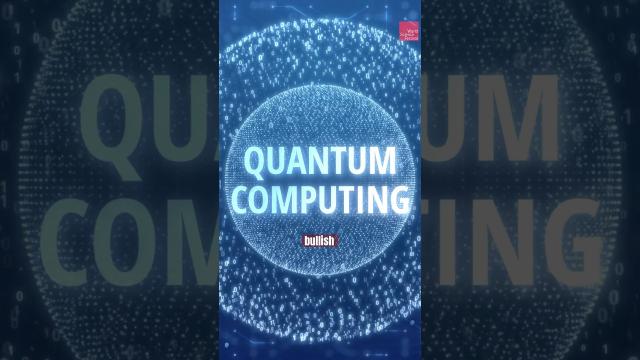
What is the future of #quantumcomputing ? #quantum #quantumphysics #quantummechanics
Added 41 Views / 0 Likes -
02:04

What is the role of mentorship in science?
Added 595 Views / 0 LikesWhat is the role of mentorship in science?

